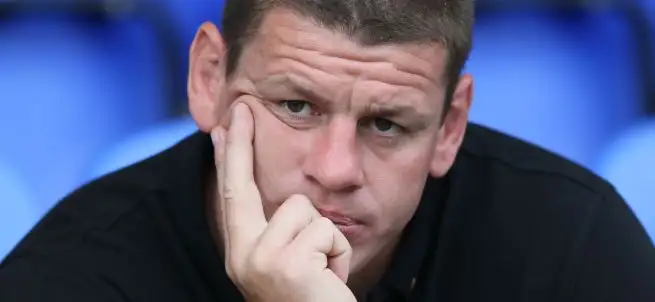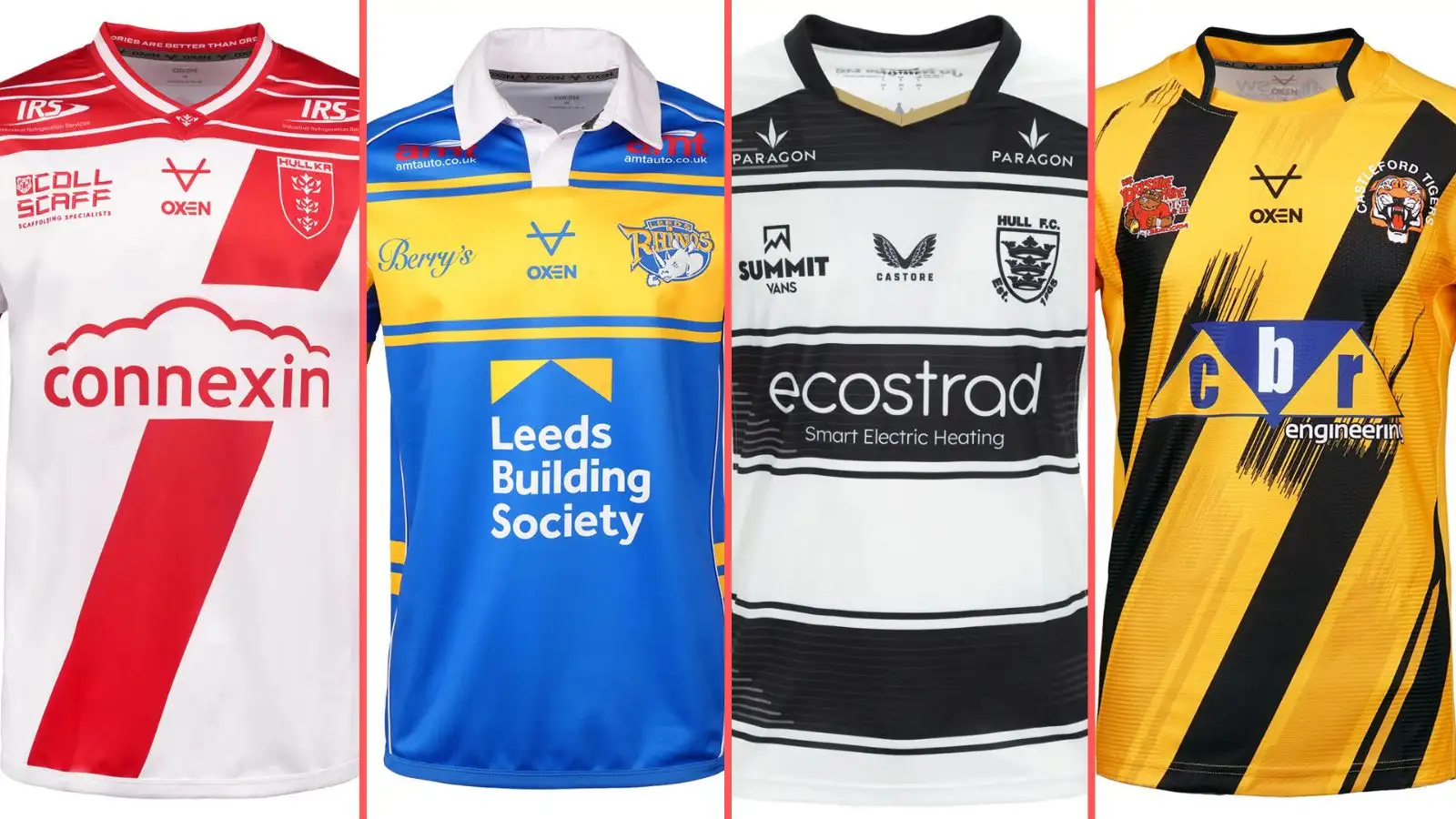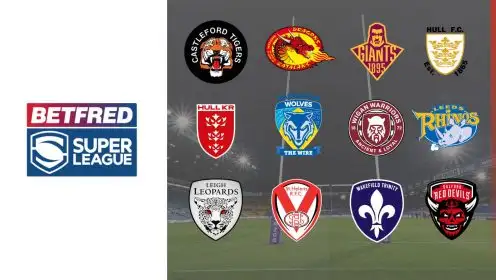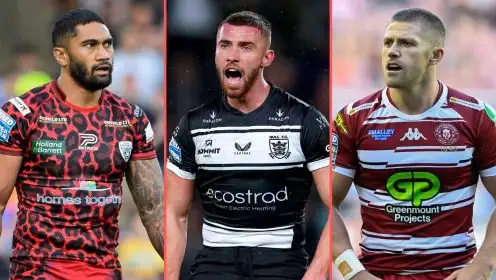Under the radar: The rise of Radford as star coach

There is a lot of talk about good British coaches at the moment in our domestic game.
We have Daryl Powell, who seems to be conducting a revolution in the way rugby league is played at Castleford.
There’s Shaun Wane, whose blue collar attitudes to the sport rub off on a Wigan team which is rough, tough and enjoys winning.
Ian Watson is finally seeing in some stability and cautious optimism at Salford, while Neil Jukes has shown that Leigh can adjust to Super League.
In the Championship, former Scotland skipper Andrew Henderson is doing a steady job of rebuilding London Broncos into a team which can take on Super League again.
Jon Sharp has assembled a strong squad at Featherstone, who look to be the main challengers to Hull KR for Championship honours in 2017.
But the name which seems to sometimes fall under the radar is Lee Radford at Hull FC.
A no nonsense forward as a player, Radford is more astute and cleverer than many people would give him credit for.
He has shown signs so far that he can coach at the highest level, yet, outside the city of Hull, the general view of him seems to be stuck in the ‘middling to good’ sort of range.
He came under intense pressure at FC, particularly in the early days of his appointment as a successor to Peter Gentle, ahead of the 2014 season.
Hull finished in 11th place in Super League that season, a point behind local rivals Hull KR, who were in ninth place.
FC fans have huge expectations, and the ‘Radford Out!’ campaign seemed to gather even more steam as 2015 started.
But the team improved again, finished seventh in the first season of the Super Eights. Their performance in the Eights themselves was not that great, as they finished in eighth place, but there had been improvement.
It was in 2016 that Radford’s plans started to come good at last. Locked out of his own team’s changing room after a 46-6 defeat to Widnes, it initially looked like the wheels were coming off again.
Not so. Radford steered the Airlie Birds to a Wembley Challenge Cup final, which they won against Warrington, lifting the burden of the ‘never won at Wembley’ tag, which KR fans had used as a gleeful stick to beat their rivals for years.
Hull couldn’t quite manage to sustain that form into the Super Eights and the semi finals, but, once again, the team had improved, and siginificantly so this time.
Six players in the Super League Dream Team at the end of the season showed the kind of quality that was now running through the team.
Radford had managed to bring the best out of old stagers like Gareth Ellis and Mark Minichiello, and had given Danny Houghton the confidence to step and become one of the world’s best dummy halves.
Previous underachievers like Liam Watts and Scott Taylor have fulfilled their potential and become the Super League players their quality dictated they should be.
This season has seen a Hull side who are not at their best, in terms of playing quality rugby league, but they are still winning games.
They coped with terrible weather to emerge from Wakefield with a narrow victory on the opening day of the season, but followed it up with a narrow home defeat to Catalans.
The team bounced back by battering Huddersfield 48-8 at the John Smith’s Stadium, before working hard to overcome St Helens 24-14 at the KCOM last week.
Hull now look like a team who can win games, even when they are not playing well. They are not a team against whom it is easy to play; when their skill levels are down, their winning mentality kicks in and drags them out of the mire.
Caught up on the @hullfcofficial game last night, my overriding feeling is that they just know how to win. Players out but still win. ???
— Paul Cooke (@pcooke06) March 14, 2017
The way in which he stuck up for Marc Sneyd recently also gave some key insights into Radford’s character.
Rather than just snarl at the pundit in question, Garry Schofield, Radford responded with humour and playfulness, as well as force.
Talk about verbal diarrohea and passing competitions put Radford rather than Sneyd in the news, and also seemed to work to remove some pressure from the half back’s shoulders.
His performances since that ‘war of words’ between former players have improved significantly, and his partnership with Albert Kelly looks to be developing well.
Kelly himself looks to have been a good spot by Radford, who clearly saw something in the notoriously erratic Australian that could work at the KCOM.
Kelly left Hull KR under a massive cloud in 2016, but he is restoring his reputation in the west of the city now.
.@ScottTagTaylor with the break ➡️️ Kelly in support to finish it off! Full highlights and reaction from Friday at https://t.co/ipIxEtgiCE! pic.twitter.com/rRMjZcevqJ
— Hull FC (@hullfcofficial) March 14, 2017
Radford could well go on to become one of the great coaches, both for his beloved hometown club and on a bigger stage.
Radford for England? Who knows? One day those calls may well be drowning out the memories of ‘Radford Out!’ which we once saw.



